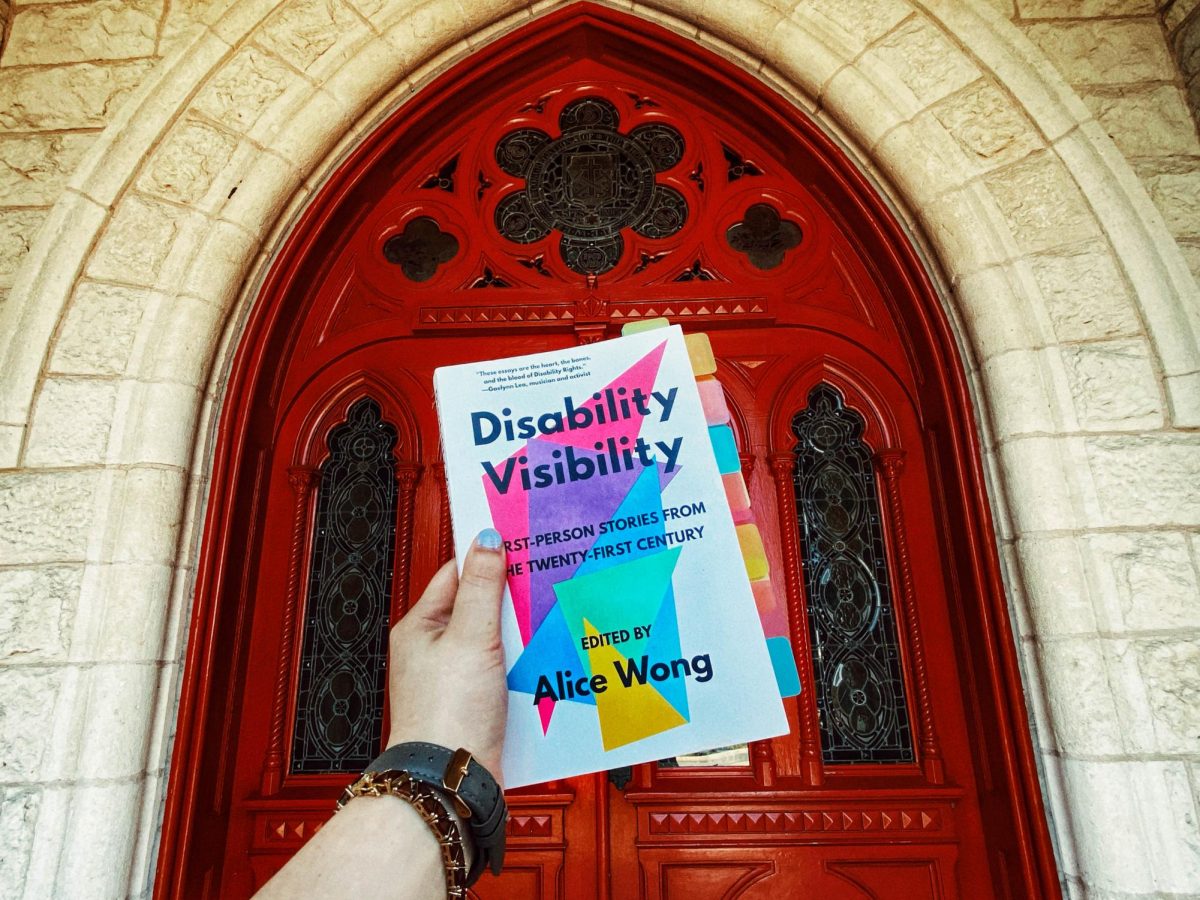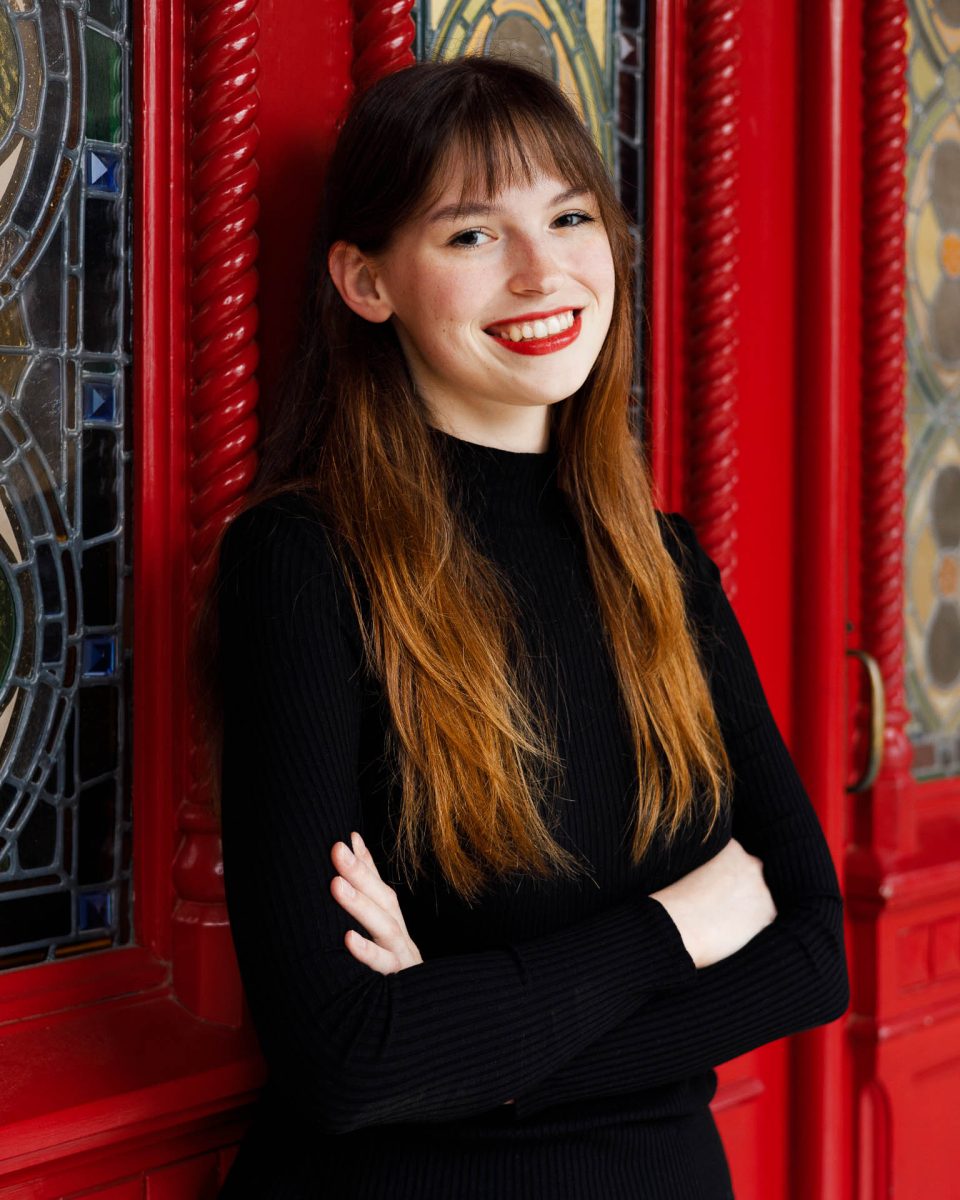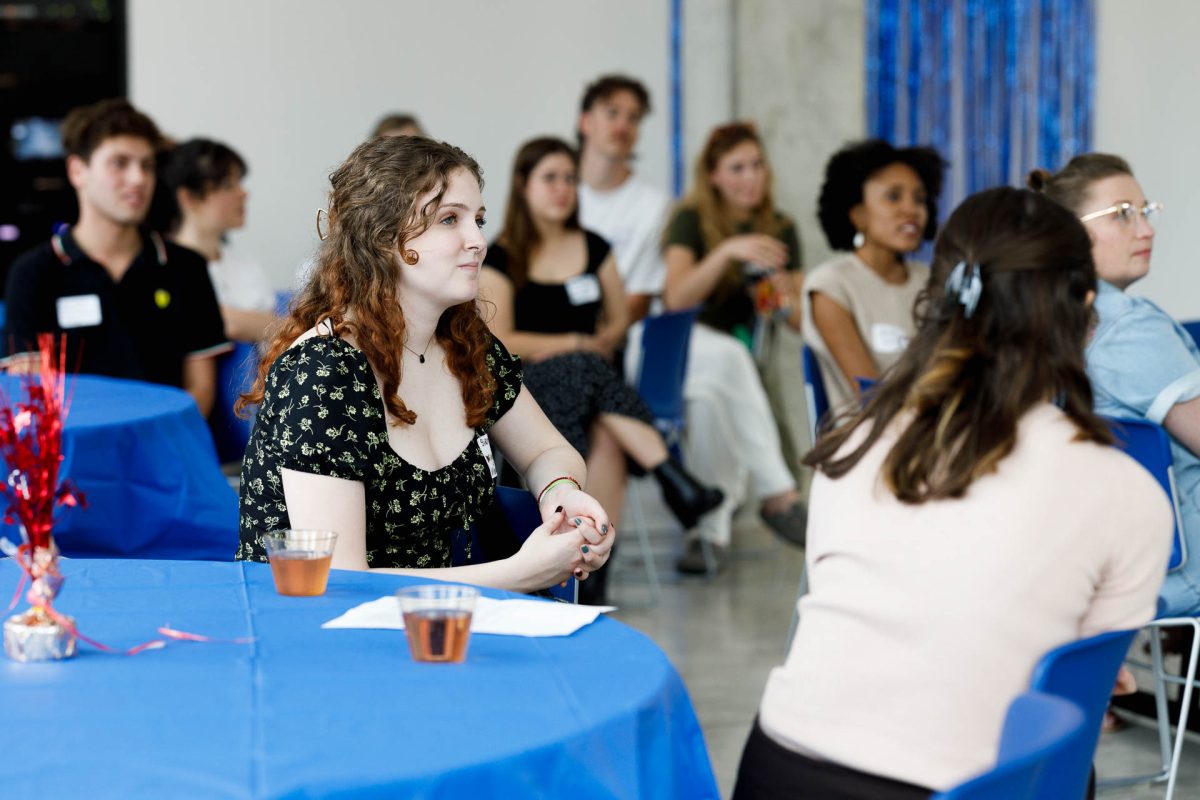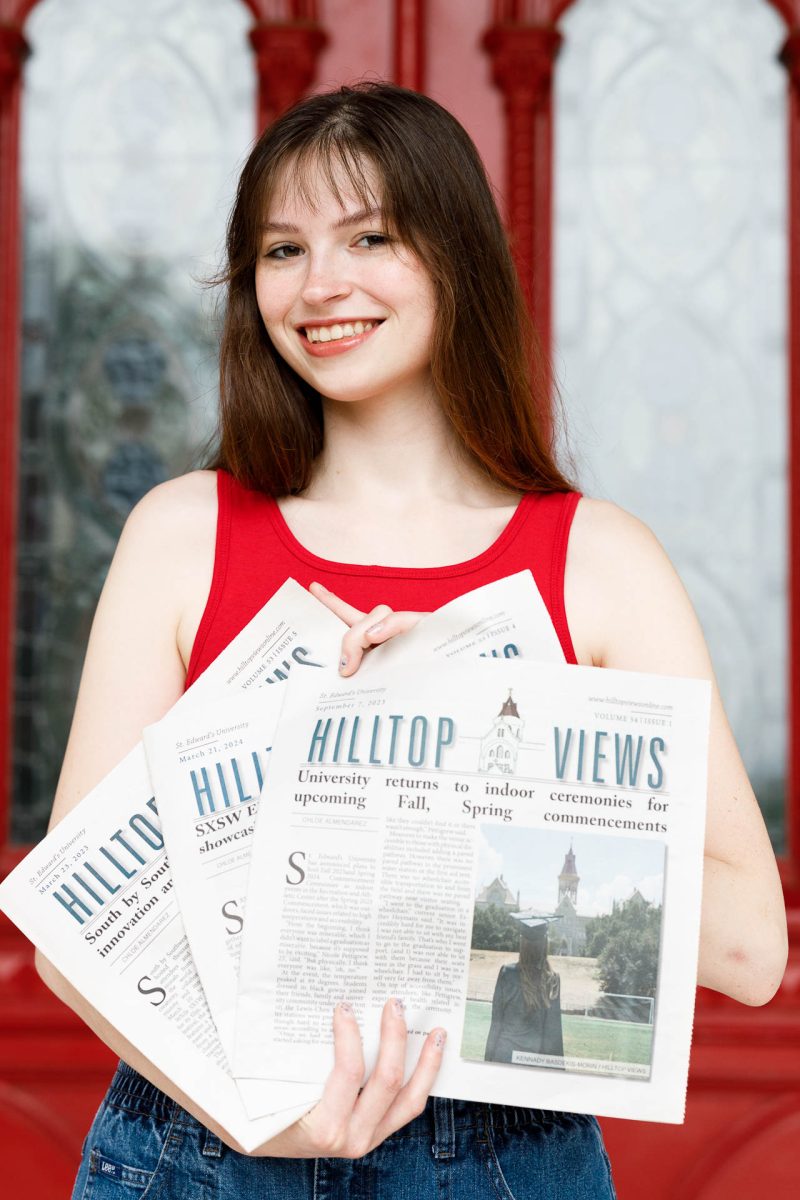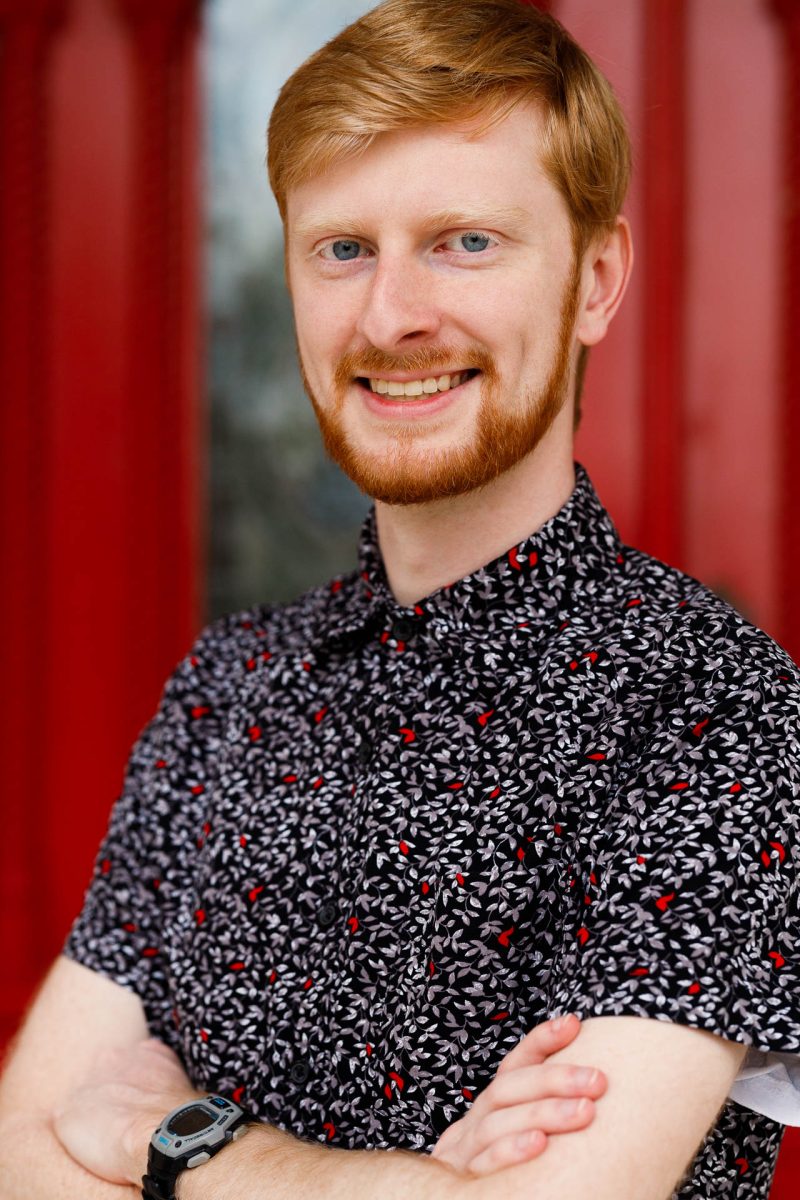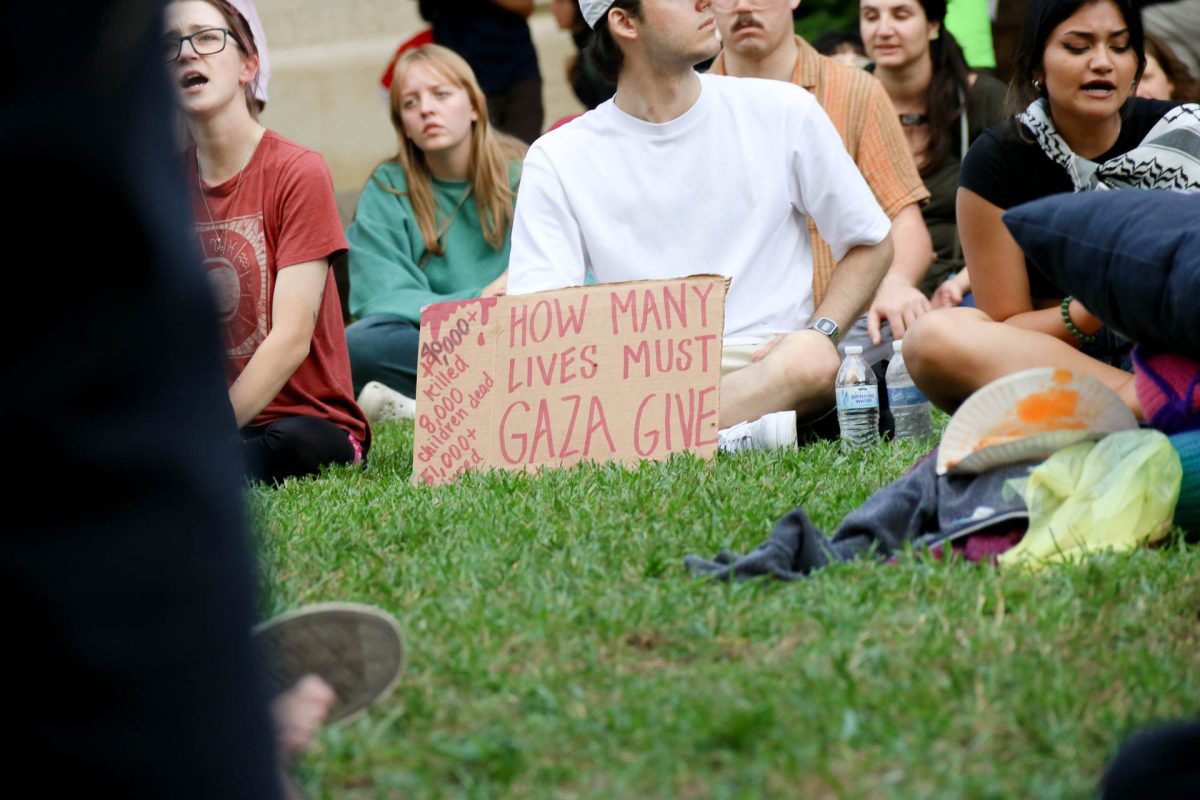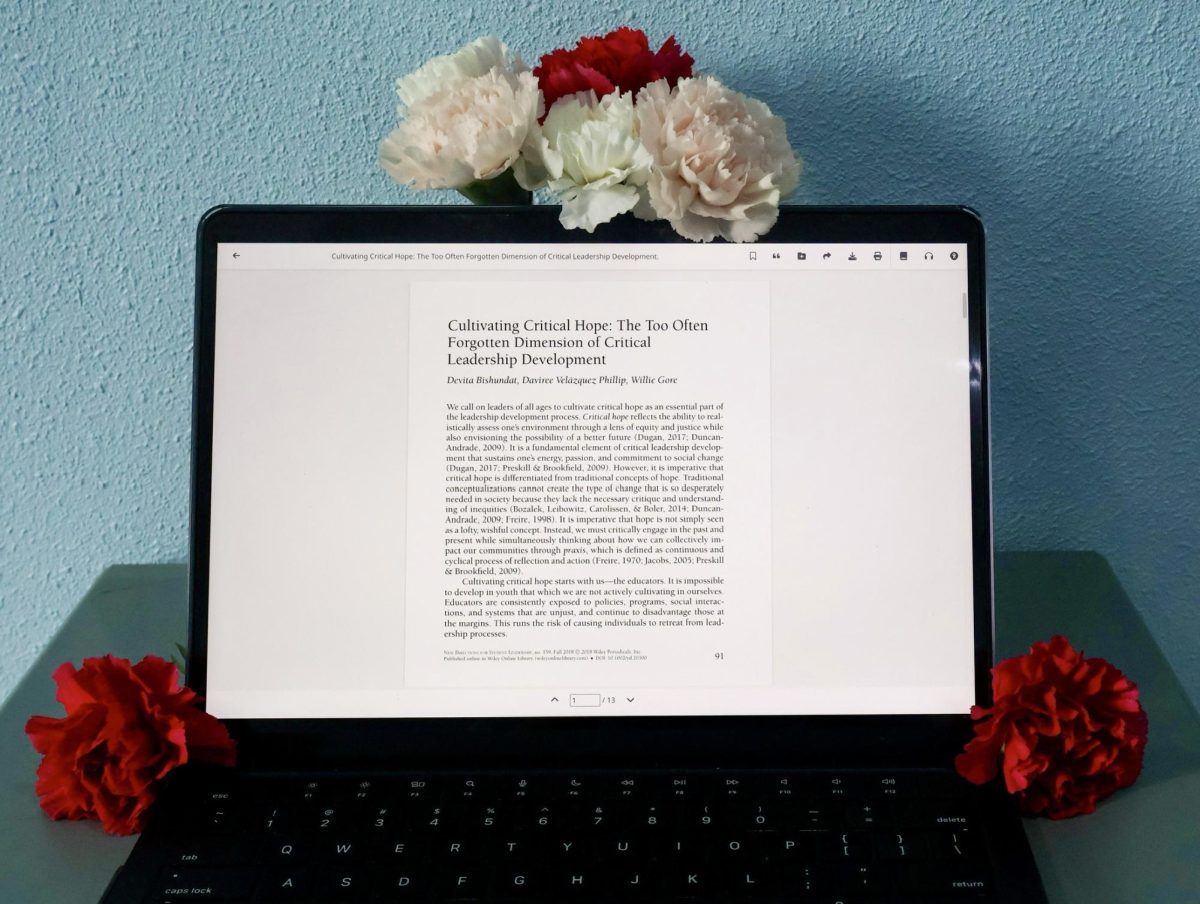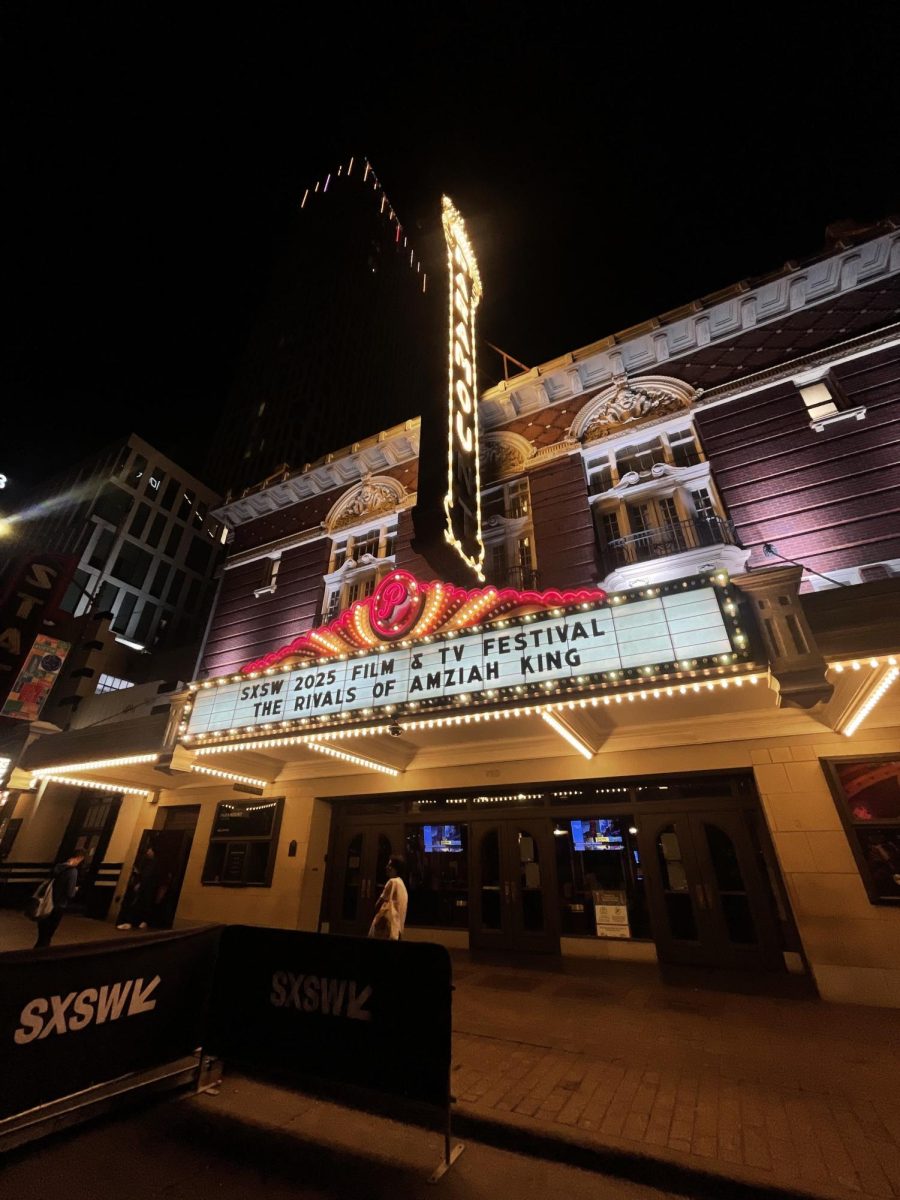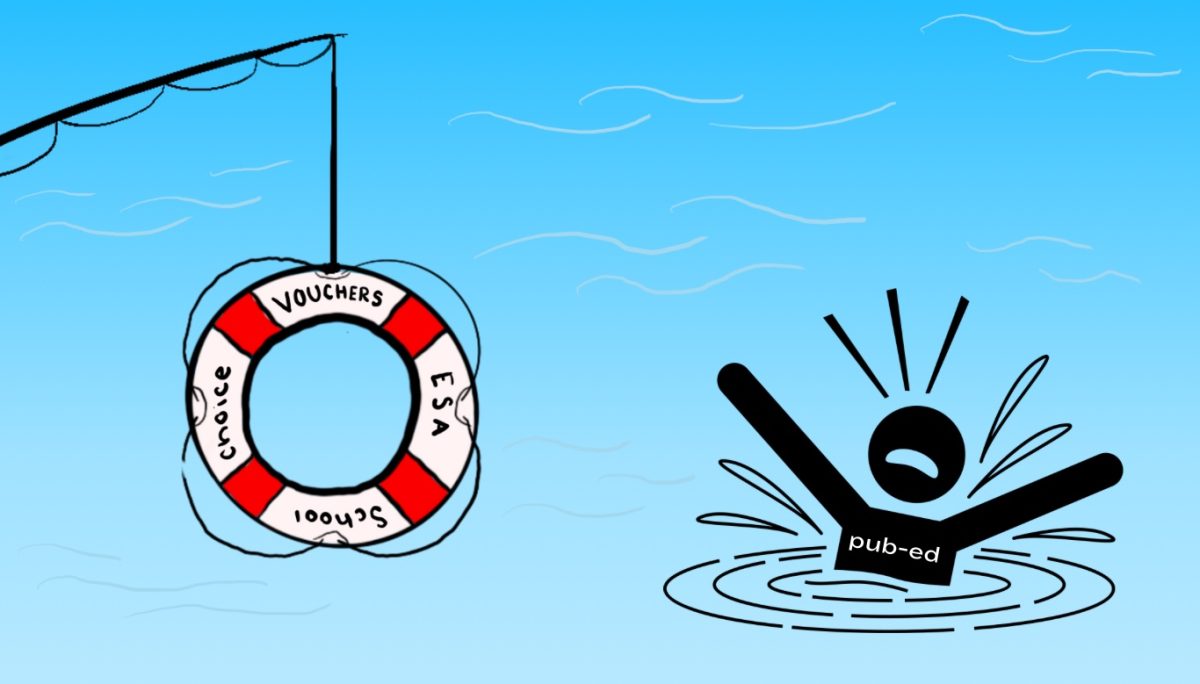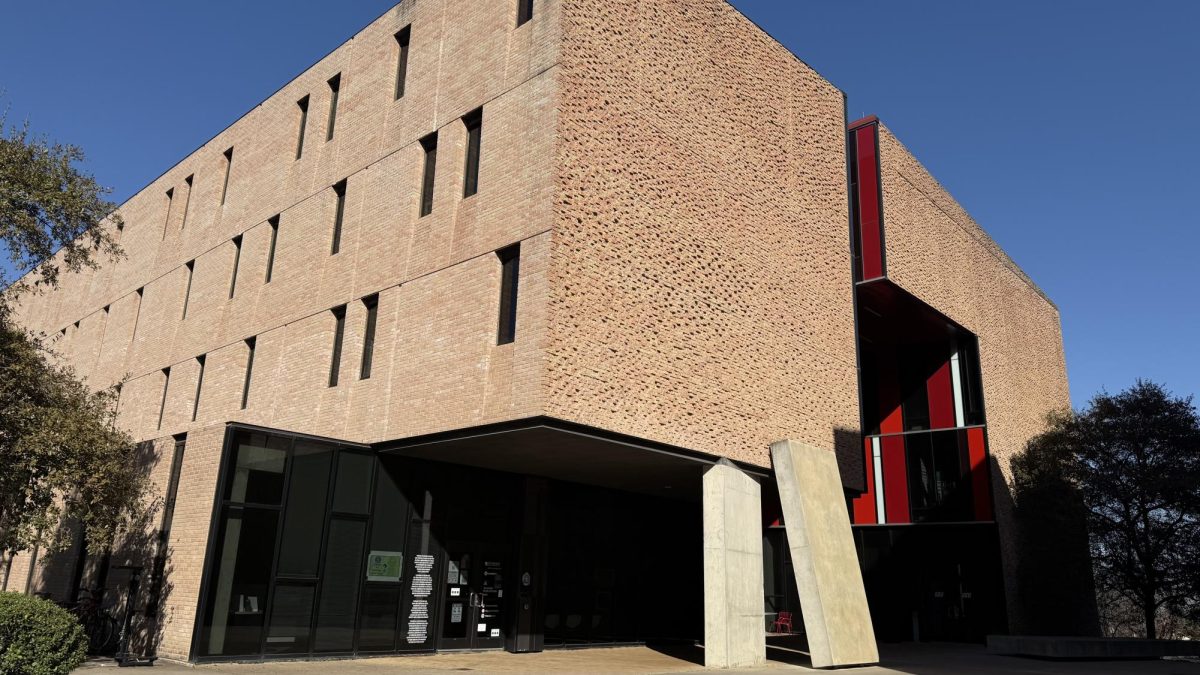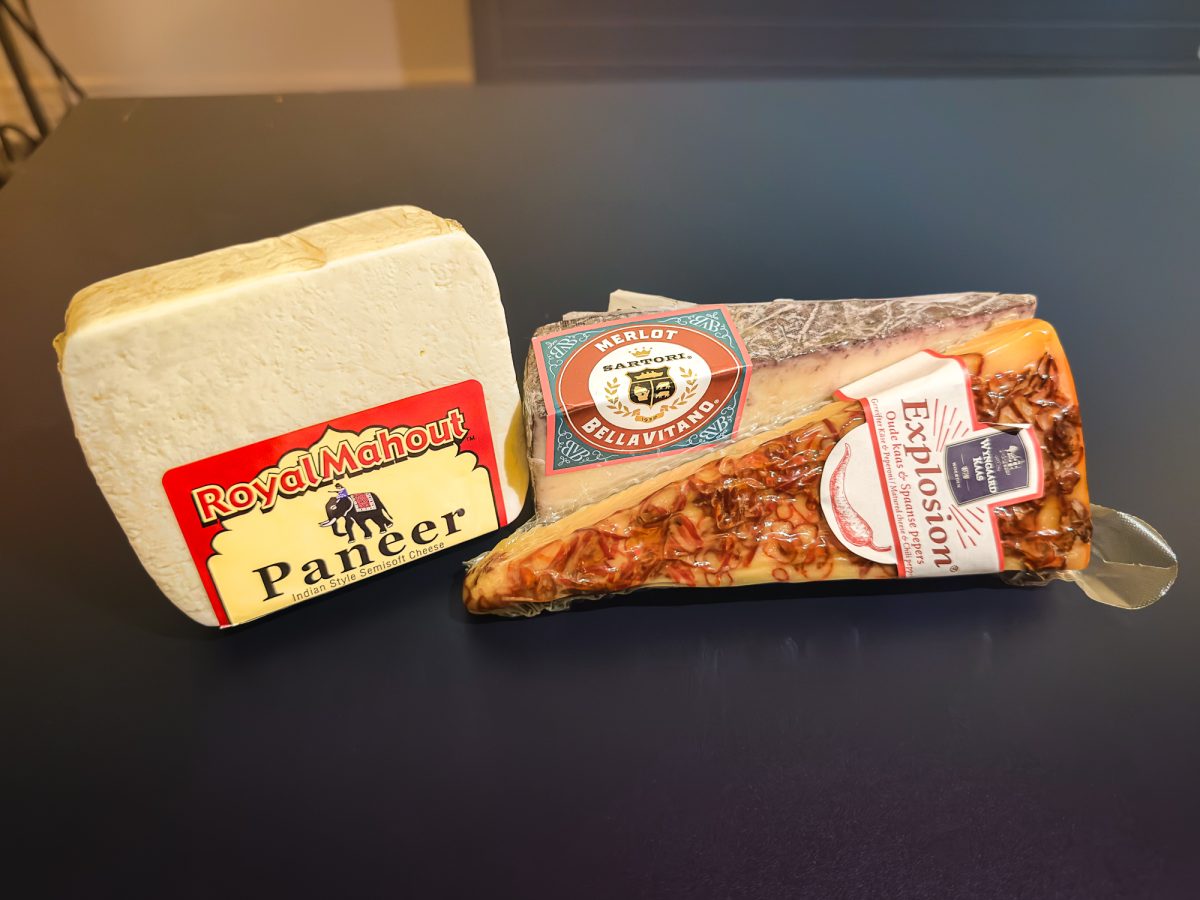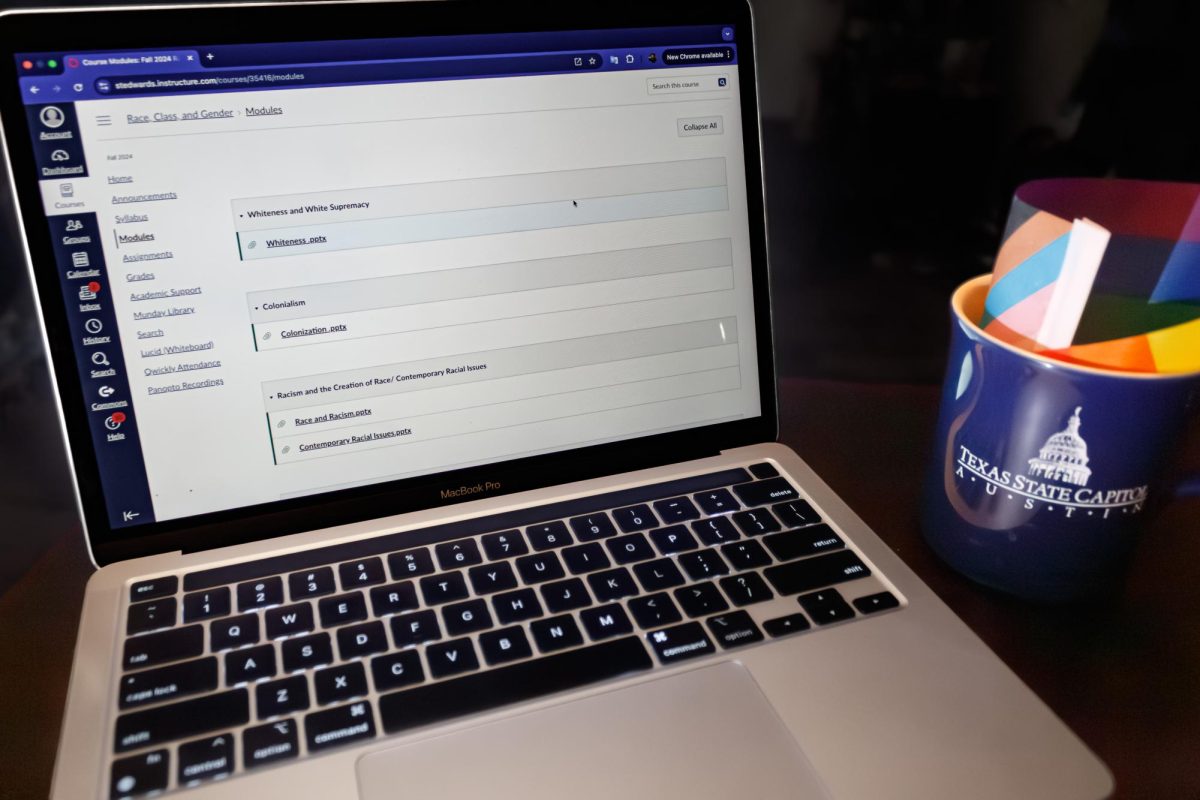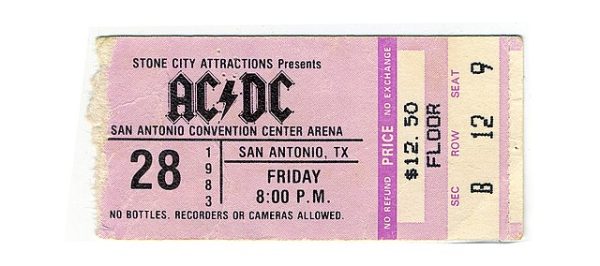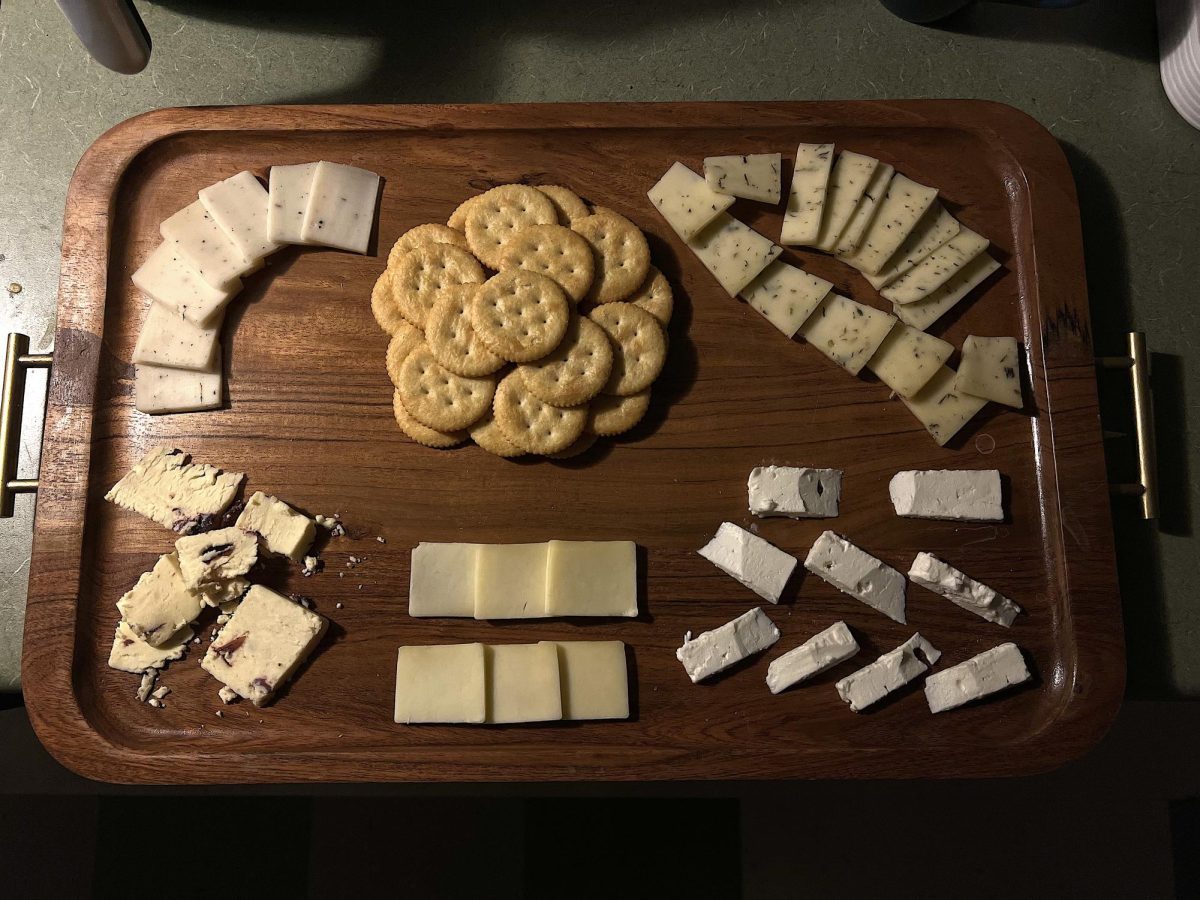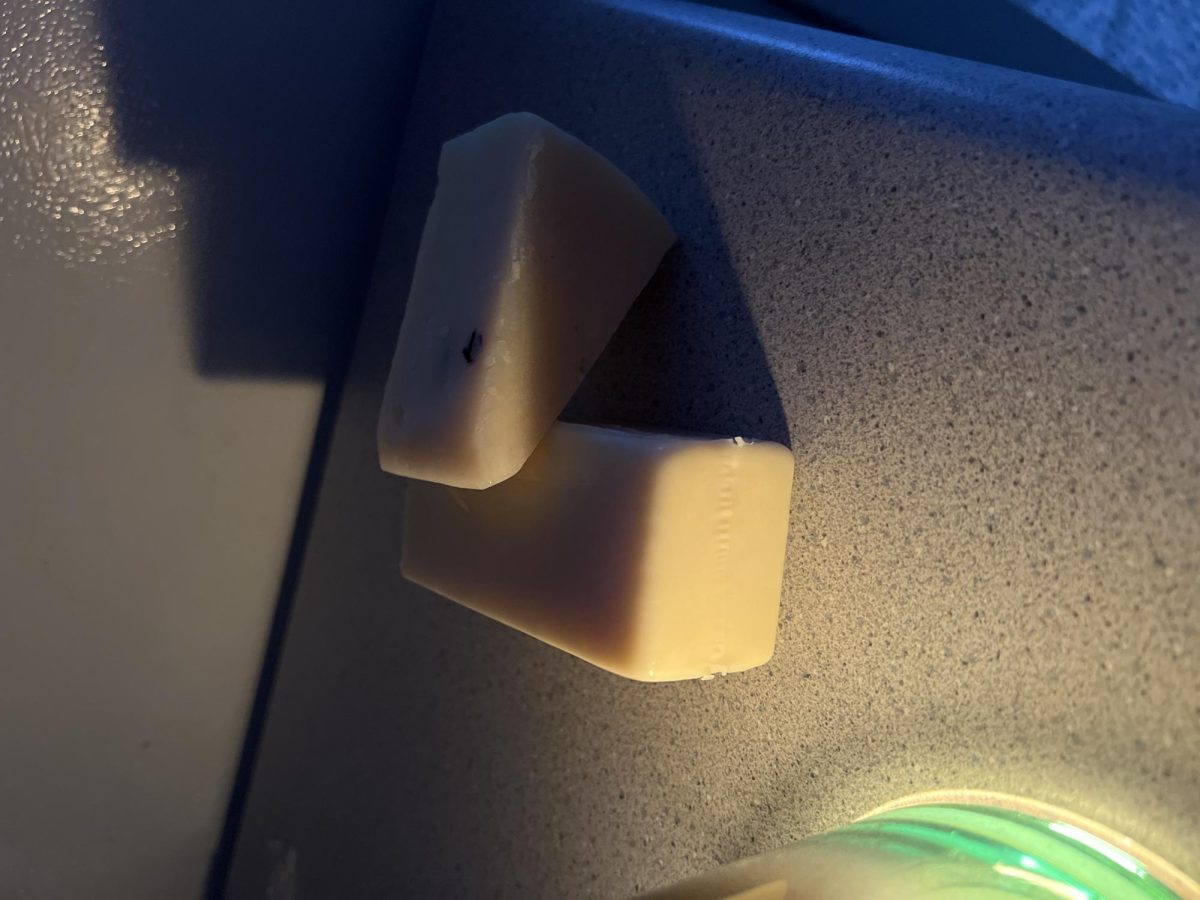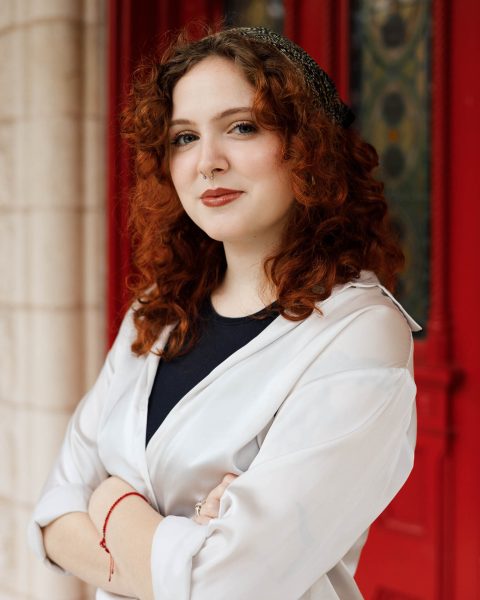As we welcome the class of 2027 to the hilltop, we also welcome the newest annual common read. Last year, every freshman read “How the Word is Passed” in their respective seminar courses, which highlighted the history of slavery in the U.S. This year, the university selected “Disability Visibility,” a collection of personal essays edited by disability activist Alice Wong. The anthology highlights a myriad of disabled writers, with both apparent and non-apparent disabilities.
“Disability Visibility” is divided into four sections: Part 1: Being; Part 2: Becoming; Part 3: Doing; Part 4: Connecting. Through each part the reader witnesses a multitude of touching personal stories and experiences that shed light on various aspects of what it means to be disabled.
One essay that particularly stood out to me was “Why My Novel Is Dedicated to My Disabled Friend Maddy” by A.H. Reaume. Reaume and Maddy share the experience of moving through the world with a non-apparent disability, both dealing with the strain of brain injuries. While they share some common struggles, they have the ability to support each other. Due to a severe concussion, Reaume struggles with looking at computer screens for prolonged periods, making it difficult to finish her book. Conversely, Maddy doesn’t experience the same strain and helped Reaume type her novel; this job also helped Maddy, as it provided another source of income and accommodated her disability with flexible hours.
“This is disabled praxis,” Reaume writes in her essay. “It’s about interdependence.”
This mutual aid and support can and should extend into our habits as students at St. Edward’s. Able-bodied and disabled students alike can help each other via something as simple as sharing lecture notes, because, for some people, it’s not simple. It can be incredibly physically or mentally strenuous to take notes during a fast-paced classroom environment. According to junior Writing and Rhetoric major and wheelchair user Pao Sanchez, disabilities can also get in the way of making it to every class: whether that be due to chronic pain or weakened immunity. Sharing notes they might’ve missed can relieve immense stress.
“You think that’s the bare minimum, but it’s not,” Sanchez said. “Sometimes your disability just gets in the way, and notes fucking help.They really help. (They help) everybody, actually. Give people notes.”
The university advertises a passion for social justice, and themes for the common read almost always focus on a topical equity issue. St. Edward’s students Lys Royon and Esther Heymans assert that “St. Edward’s University and its students have a role to play in deciding how we value accessibility, now, on the dawn of this new age of disability awareness and justice.”
However, I can’t help but feel like the selection of “Disability Visibility” is somewhat performative considering the management of the outdoor graduation ceremony in May. Disabled students, faculty and family members were not considered and centered in the planning of the ceremony. Ultimately, it’s an extremely important issue that deserves to be at the forefront of our collective consciousness, and “Disability Visibility” will expose St. Edward’s students to a diverse range of lived experiences. That being said, it must go beyond an assigned reading on the administration’s end. There’s more to be done in making our campus more accessible for every student. Sorin Hall, which is home to almost all of the writing and English professors’ offices, is particularly inaccessible for those that use mobility aids.
“(Sorin Hall) doesn’t have an elevator,” Sanchez said. “Last semester, I had a meeting with a professor and his office was on the second floor and he kind of forgot about my wheelchair. So I had to ask the person that was going to go after me to tell the professor that I was down there and that I needed to meet downstairs.”
Additionally, the elevators that are present on campus aren’t particularly accessible.
“In this school, elevators suck,” Sanchez said. “I can barely reach some of the buttons. I have a very narrow view of things because of my height, (and) because of my disability I can’t raise my hand more than this (Sanchez raised her arm to about the height of her ear).”
“Disability Visibility” is a beautiful collection of stories that the class of 2027, or anyone for that matter, will greatly benefit from reading. I just hope that beyond making our disabled community members feel seen that we are also making them feel heard and prioritized.
“The book is a good start,” Sanchez said. “It’s an amazing start, but it doesn’t end there. After you read the book, disabilities don’t disappear.”


